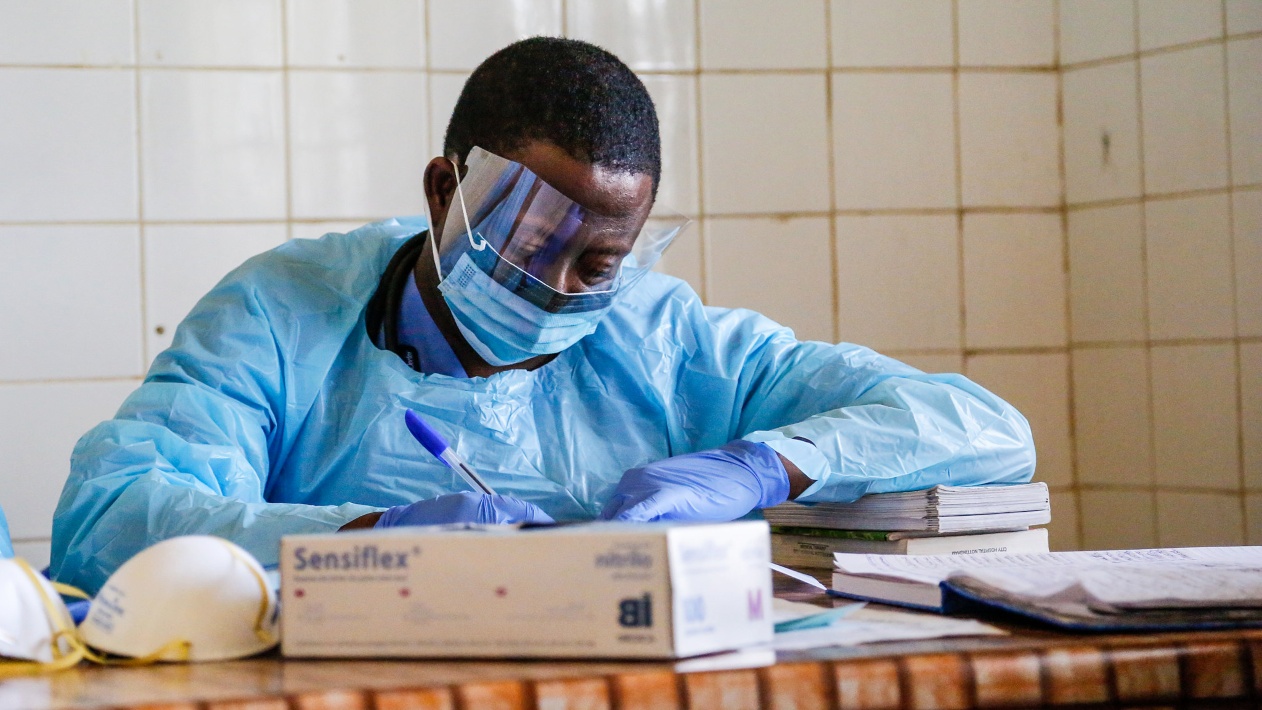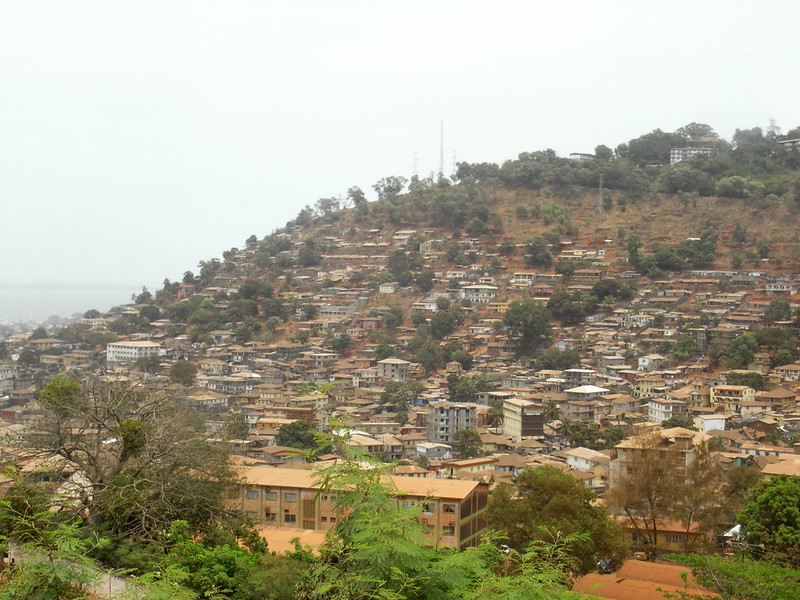Land rules in Sierra Leone are in desperate need of reform. But the push to modernise traditional culture and knowledge should not be ignored, writes Bankolay Theodore Turay.
Land is a critical resource in Sierra Leone where most of the population relies on agriculture for their livelihoods. However, the way land is owned and managed is a complex issue. Traditional systems have been in place for generations but lack transparency. This has led to disputes, hindered economic development, and disadvantaged certain groups, particularly women.
A significant portion of Sierra Leone is administered under customary tenure, overseen by chiefs and elders and governed by unwritten customary laws. The government of Sierra Leone is seeking to address the role of traditional authorities in the land governance structure, but the challenges surrounding their role in the customary system are complex.
The current land situation
Sierra Leone’s land ownership is a mix of customary and statutory systems. Customary land, governed by traditional leaders, makes up the majority. Statutory land is governed more centrally and bureaucratically and has clear deeds of ownership and rules about transferring that ownership.
The customary system, while holding cultural significance, has several shortcomings. Overlapping land claims, unclear boundaries, and a lack of formal documentation have led to disputes over ownership and hindered economic and agricultural development. Additionally, concerns exist about unequal access to land, particularly for women and youth. Customs and traditions governing land ownership vary greatly across chiefdoms, which further complicates the situation. Informal recording and complex inheritance practices can lead to land disputes which in turn lead to a lack of security of tenure. This difficulty in proving clear land ownership can discourage investment in agricultural practices. Traditional practices may also disadvantage women in accessing land which increases gender inequality.
Why reform is needed
Land reform is essential to create a more equitable and prosperous future for all Sierra Leoneans. The goal of such reform should focus on reducing land disputes through clear land ownership documentation; ensuring equitable access to land for all citizens, especially women and youth; establishing safeguards and grievance mechanisms to protect land rights and promote transparency and accountability in land transactions, particularly with large-scale investments.
The government of Sierra Leone is taking steps towards land reform. The recently passed Customary Land Rights Act of 2022 and the National Land Commission Act of 2022 are significant developments. The Acts present an opportunity for the government, traditional authorities, and stakeholders to better define roles in land governance.
These laws establish a framework for land administration with a focus on providing clear land ownership documentation to reduce conflicts. The Customary Land Rights Act provides safeguards, grievance mechanisms, and accountability for land rights violations in communities. It will establish a land registry system for increased accountability and ensure equitable access to land for all citizens, especially women and youth.
Traditional leaders were instrumental in formulating the Customary Land Act of 2022. However, traditional leaders say they face many challenges when trying to manage and govern land responsibly. Chiefs traditionally oversaw land allocation and management within customary law. The Local Government Act empowers councils to acquire land for development, creating some overlap and potential conflict. The Acts also empower chiefs to collect local taxes, but some councils might also collect their own, leading to confusion and inefficiency. They have a complex and sometimes tense relationship, often working together but also facing challenges in collaboration.
Traditional land tenure systems are often deeply ingrained in Sierra Leonean culture. They define power structures, family ties, and social identity. Disrupting them could lead to social unrest and a loss of cultural heritage. Traditional leaders also often have a deep understanding of the land and its history. Any attempt at land reform that ignores these traditions may struggle to gain community support, hindering its effectiveness.
Don’t exclude traditional leaders
While reform is necessary, it’s crucial to respect traditions. Traditional leaders hold deep knowledge of the land and wield significant influence in communities. Instead, reform efforts should work with chiefs and elders to incorporate their knowledge while ensuring fairness and transparency.
Traditional leaders can act as a bridge between the government and communities, fostering trust and ensuring reforms are culturally sensitive. The success of these reforms hinges on collaboration. The government, traditional leaders, civil society organisations, and communities need to work together. Chiefs in Sierra Leone have a critical role in ensuring that people’s land, water and food rights are not compromised by economic development. They have a duty and responsibility to the environment. Chiefs must take advantage of the current legal and policy reforms to advocate for provisions that strengthen their voice at the decision-making table. Only then can they ensure that investments in their chiefdom promote economic growth and safeguard community resilience and livelihoods. This will include enshrining principles of free, prior and informed consent and corporate social responsibility in law to give these principles legal recognition and ensure chiefs have the authority to enforce them.
Photo credit: Steve Evans used with permission CC BY-NC 2.0





